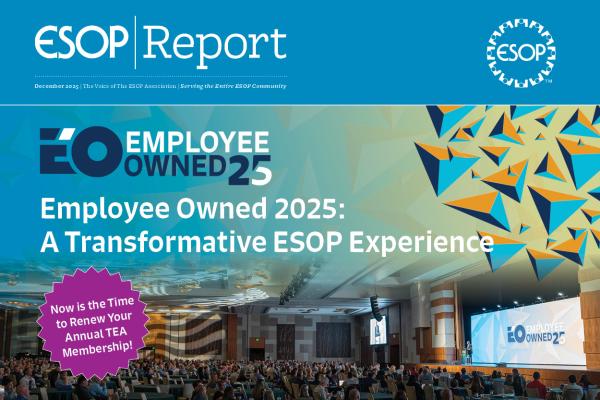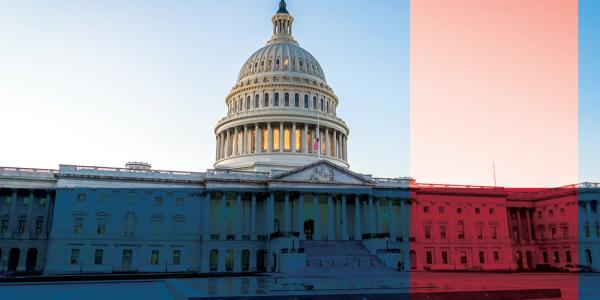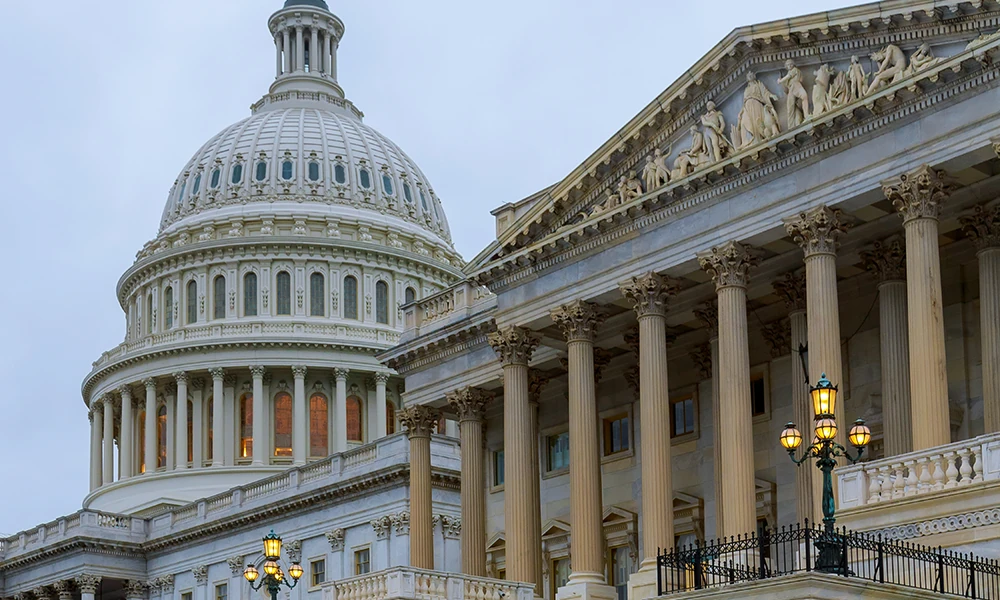By Stanley E. Bulua, Esq., and Lawrence S. Hirsh, Esq., Robinson Brog Leinwand Greene Genovese & Gluck P.C.
On April 30, 2020, the U.S. Secretary of Labor announced that it had reached an agreement with Wilmington Trust, N.A.—a Delaware-based bank and trust company—requiring Wilmington Trust to pay a combined $80 million to 21 ESOPs for which it served as trustee. The settlement further requires Wilmington Trust to pay $8 million in penalties to the government and to reimburse the plan sponsors of the ESOPs for legal costs and expenses advanced to Wilmington or its counsel in connection with the Secretary’s investigations and litigations.
In 18 investigations conducted by the U.S. Department of Labor’s Employee Benefits Security Administration (EBSA) and three lawsuits instituted by the Secretary, the government alleged that Wilmington Trust caused losses to the ESOPs when, acting as ESOP trustee, it authorized the ESOPs to pay more than fair market value for privately held employer stock, a violation of the Employee Retirement Income Security Act of 1974 (ERISA). Wilmington agreed to settle EBSA’s claims in the investigations and lawsuits without admitting or denying those allegations.
The other terms of the settlement have not been publicly disclosed and appear to be subject to a confidentiality provision in the settlement agreement. EBSA has not provided any public guidance as to how the ESOPs that will be receiving the settlement funds should allocate the funds to plan participants or whether any other uses of the funds may be permitted.
Among the questions raised by the ESOPs receiving the settlement funds is whether funds can be used to pay down any “internal loan” between the ESOP trust and the sponsoring company or to satisfy the sponsoring company’s repurchase obligation. Absent any further guidance from EBSA, the overriding principle in resolving such questions must be, of course, to ensure that the fiduciary is discharging its duties solely in the interest of the plan participants and their beneficiaries.







